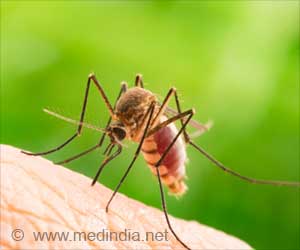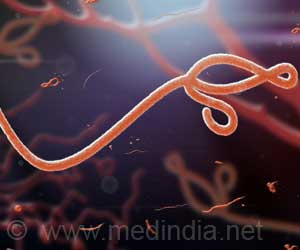At least 172 villagers have died in a cholera outbreak that has triggered unrest in Indonesia's remote eastern Papua province, church authorities said Tuesday.
Church authorities have revealed that at least 172 villagers have died in a cholera outbreak that has triggered unrest in Indonesia's remote eastern Papua province.
Church aid workers in the Kamuu valley confirmed the victims had died from severe diarrhoea and vomiting caused by cholera, said Catholic brother Budi Hermawan from the Jayapura archdiocese.The source of the outbreak, which began in April, was still unknown, but the disease appeared to be spreading via drinking water from a river and products in markets in the highland region, Hermawan told AFP by phone from Jayapura.
Local health authorities and the provincial government were briefed on the crisis in May but failed to act, leading to a more severe outbreak, Hermawan said.
"In my view it's already too late, because people are very angry and they are desperate," he said.
The long delay had raised suspicions among local Papuans that the government was deliberately neglecting the outbreak and allowing them to die, Hermawan said.
Angry indigenous residents in Kamuu had attacked a settlement of migrants from other parts of Indonesia last week, destroying around a dozen houses, he said, adding that locals assume the migrants were to blame for the outbreak.
"We've been handling those cases since the start of May. Even if more cases show up again, we'll handle them," he was quoted as saying.
The region is among the least developed in Indonesia despite being home to rich natural resources worth billions of dollars.
Source-AFP
RAS/S
 MEDINDIA
MEDINDIA




 Email
Email






